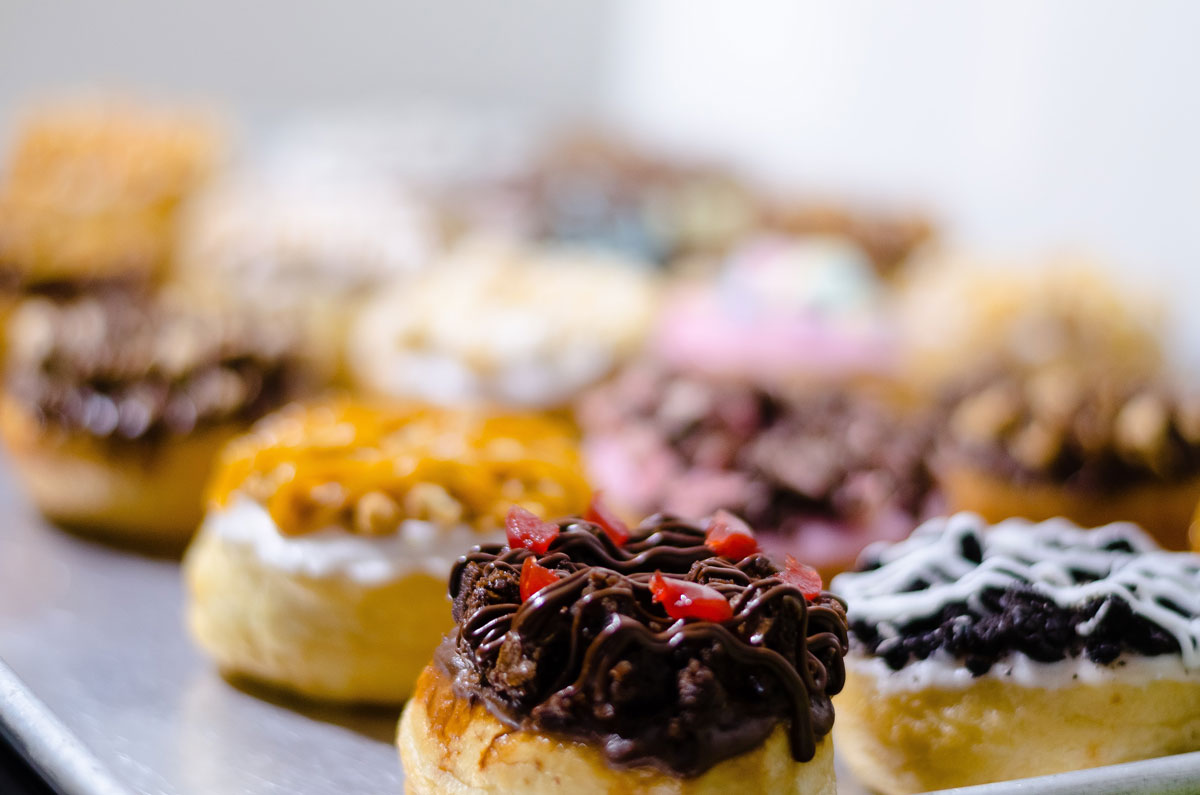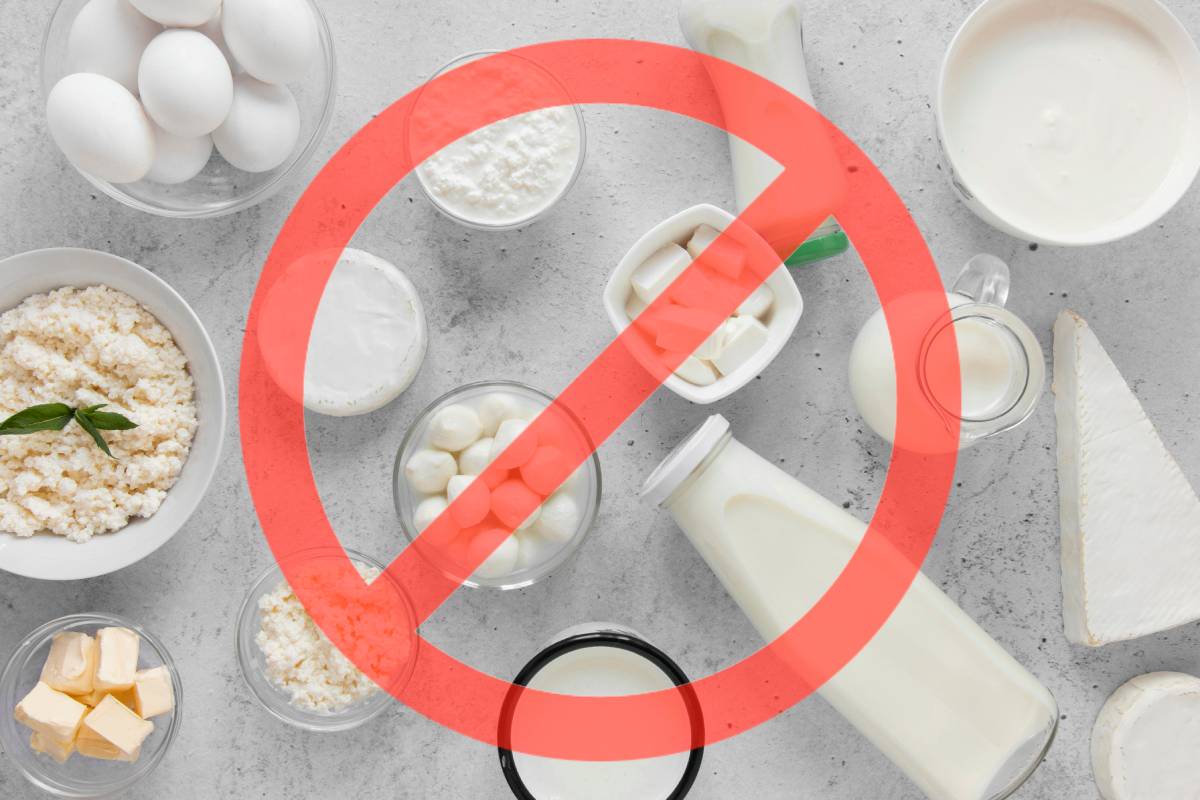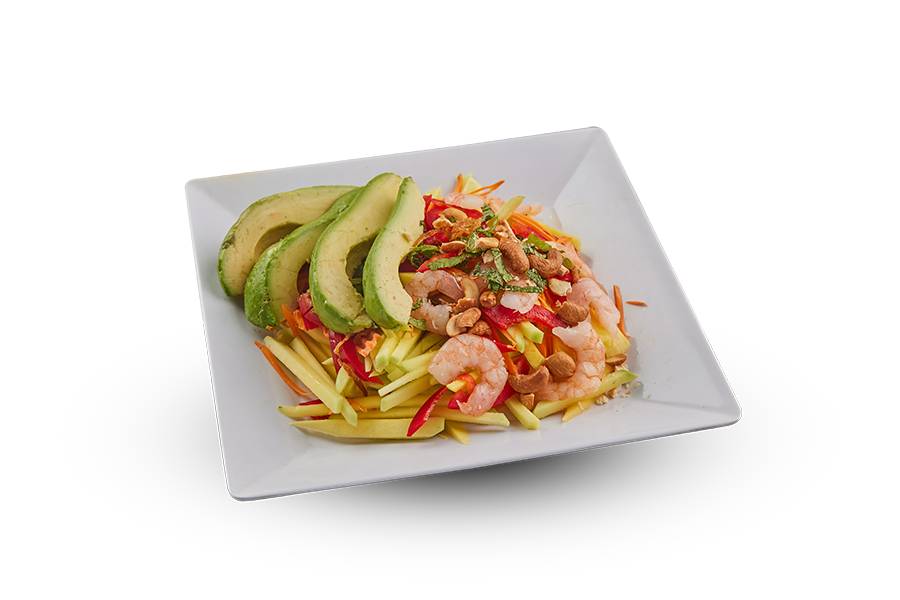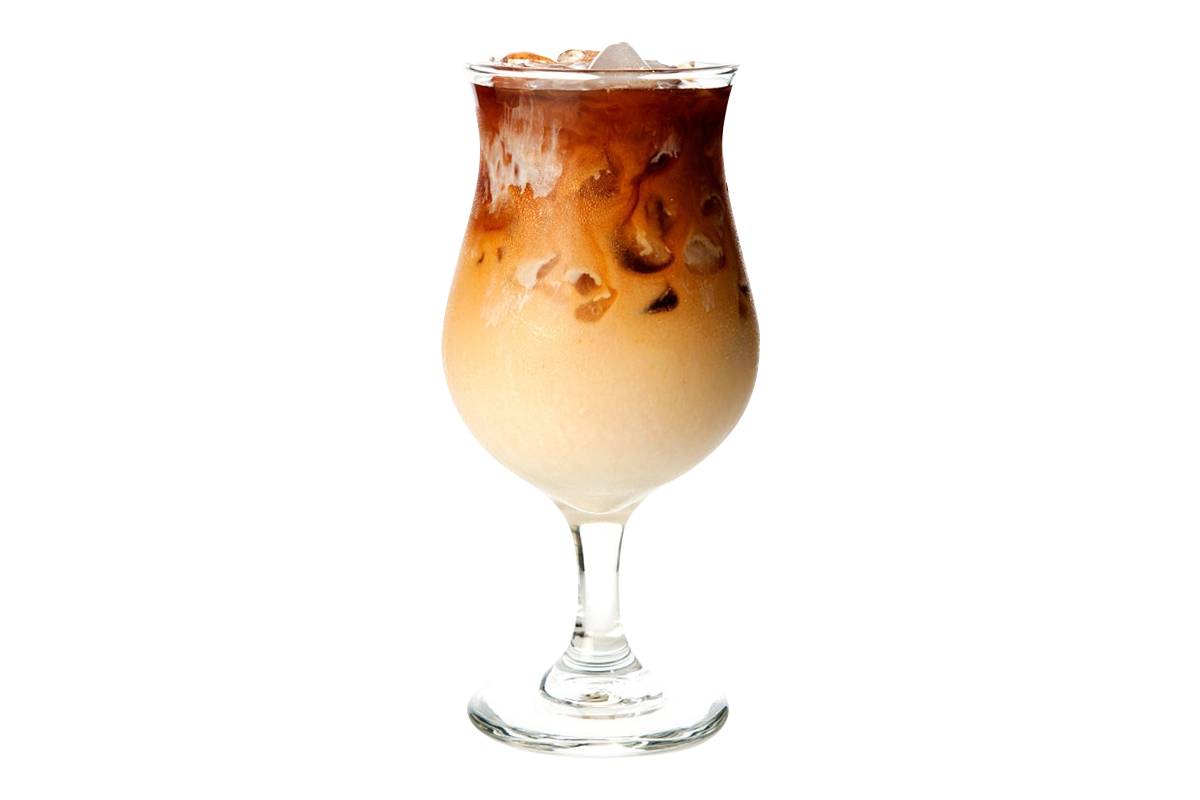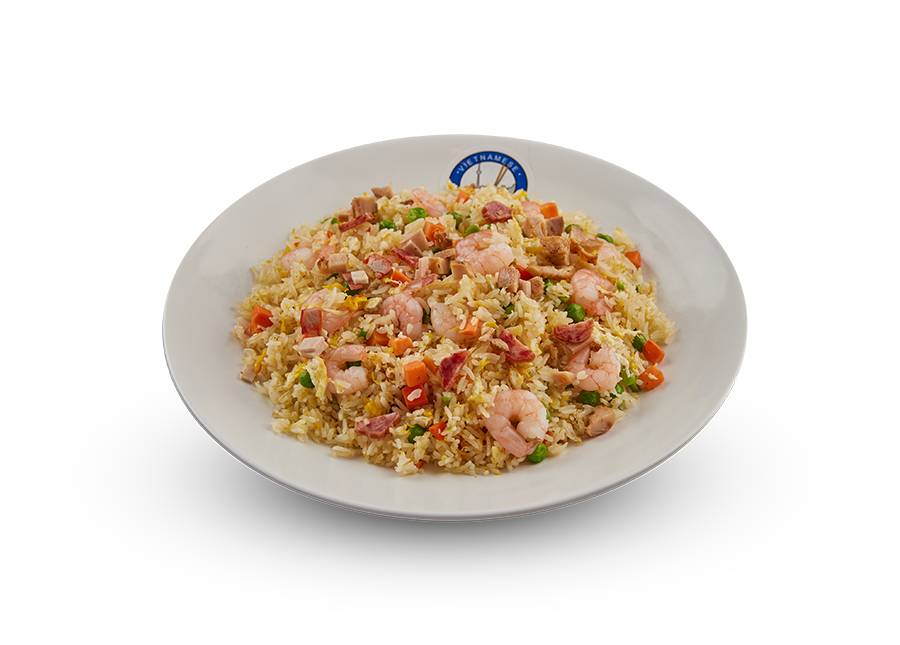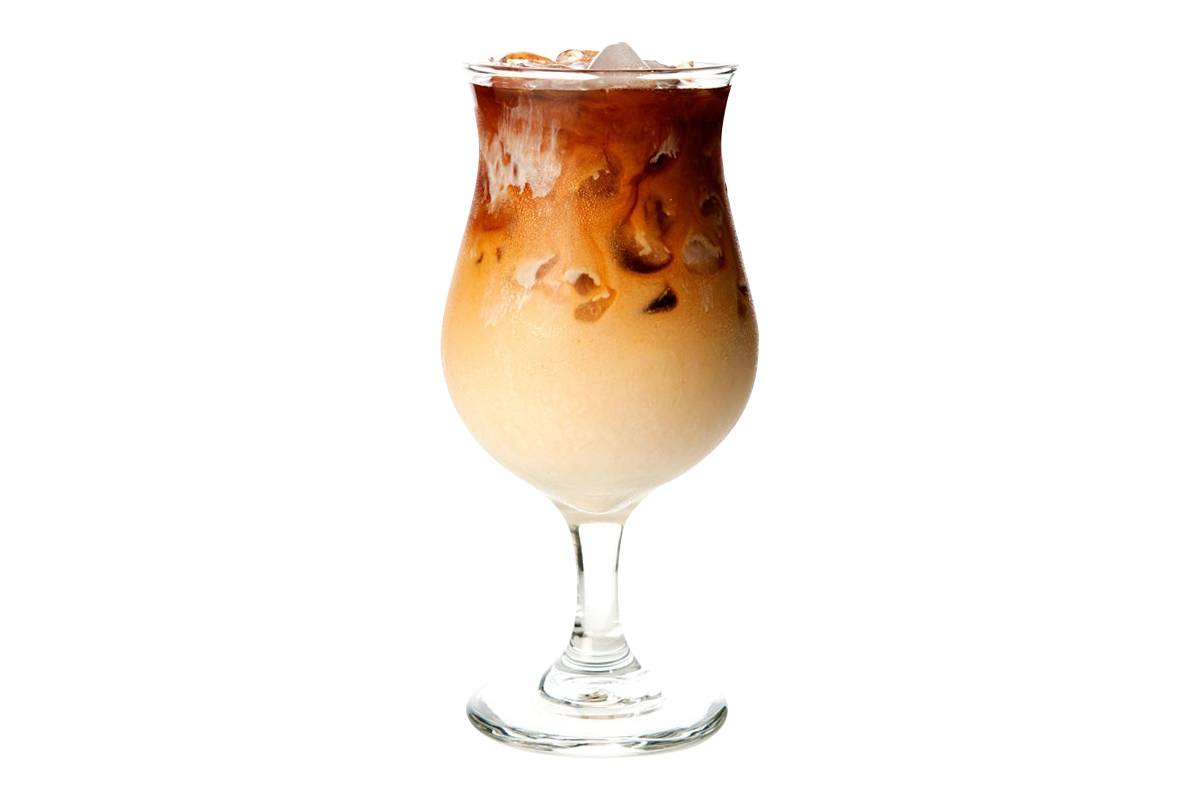The second reason has to do with our brain chemistry. When we eat something sweet, our brains release dopamine, a feel-good neurotransmitter. In other words, eating something sweet makes us feel good! And since our brains like feeling good, we tend to seek foods that will give us that dopamine hit. When we think of sweet foods, we often think of happy occasions like birthdays and holidays. As a result, eating sweet foods can make us feel physically and emotionally good.
Sweet foods give us an energy boost, which is another reason people like sweet stuff. Sugar is a quick source of energy that can help us power through our day. That's why athletes often eat sugary snacks before the competition. The sugar gives them the energy they need to perform at their best.
Sweet foods satisfy our cravings, people like sweet stuff because it satisfies our desires. Eating sugary food can help us feel better when we crave something sweet. That's because sugar activates our brain's pleasure centers, making us feel good. So if you're ever feeling down, a sugar fix may be just what you need!
Finally, the third reason has to do with marketing and advertising. We are bombarded with messages telling us to eat this or that sugary food, and these messages can be very persuasive. Advertisers know that we have a natural preference for sweetness, and they exploit this fact to sell their products.
Where did the term "Sweat tooth "come from?
It's a phrase we've all heard before: "I have a sweet tooth." But where did this term come from? Let's trace the origins of "the sweet tooth" and explore how it's used today.
The earliest known use of the phrase "sweet tooth" dates back to the early 1600s. At that time, it was used to describe someone with a penchant for sugary foods. The Oxford English Dictionary cites a 1611 work by English dramatist Thomas Middleton, in which one character says of another, "He hath a sweet tooth."
It's thought that the use of "tooth" in this context may be a reference to the fact that sugar is detrimental to dental health. But, in fact, the terms "sweet tooth" and "cavity" were used interchangeably well into the 19th century.
The term likely gained popularity because sugar was relatively new to Europe then. Before the 16th century, sugar was a luxury item that only the wealthy could afford. However, by the 18th century, sugar production had increased, and its price had decreased, making it more accessible to the masses. As a result, people began using it to sweeten their food and drinks—hence the term "sweet tooth."
Interestingly, the phrase "sweet tooth" isn't used all that much in Britain—likely because Brits have been eating sugary foods for centuries longer than Americans. Some of Britain's most popular desserts, such as pudding and treacle tart, date back hundreds of years.
These days, of course, we don't use "sweet tooth" to refer exclusively to our love of sugary foods. Instead, we also use it to describe other things we enjoy—like dessert wines or cigars. No matter how you use it, one thing is for sure: "the sweet tooth" is here to stay.
Conclusion:
So there you have it, reasons why people like sweet stuff: because of our evolutionary history, because of brain chemistry, and because of marketing and advertising. So the next time you're reaching for that second slice of cake, remember that there's a reason why you're doing it!
If you’re looking for Vietnamese sweat dessert in Vaughan, Toronto, Woodbridge, or Hamilton visit TorontoPho.com.
We are a growing Vietnamese restaurant committed to serving authentically prepared Asian Vietnamese foods done right and healthy. Our PHO is a proud creation, alongside so many of our other menu items. Call us or Come on by and pick up a bowl!

